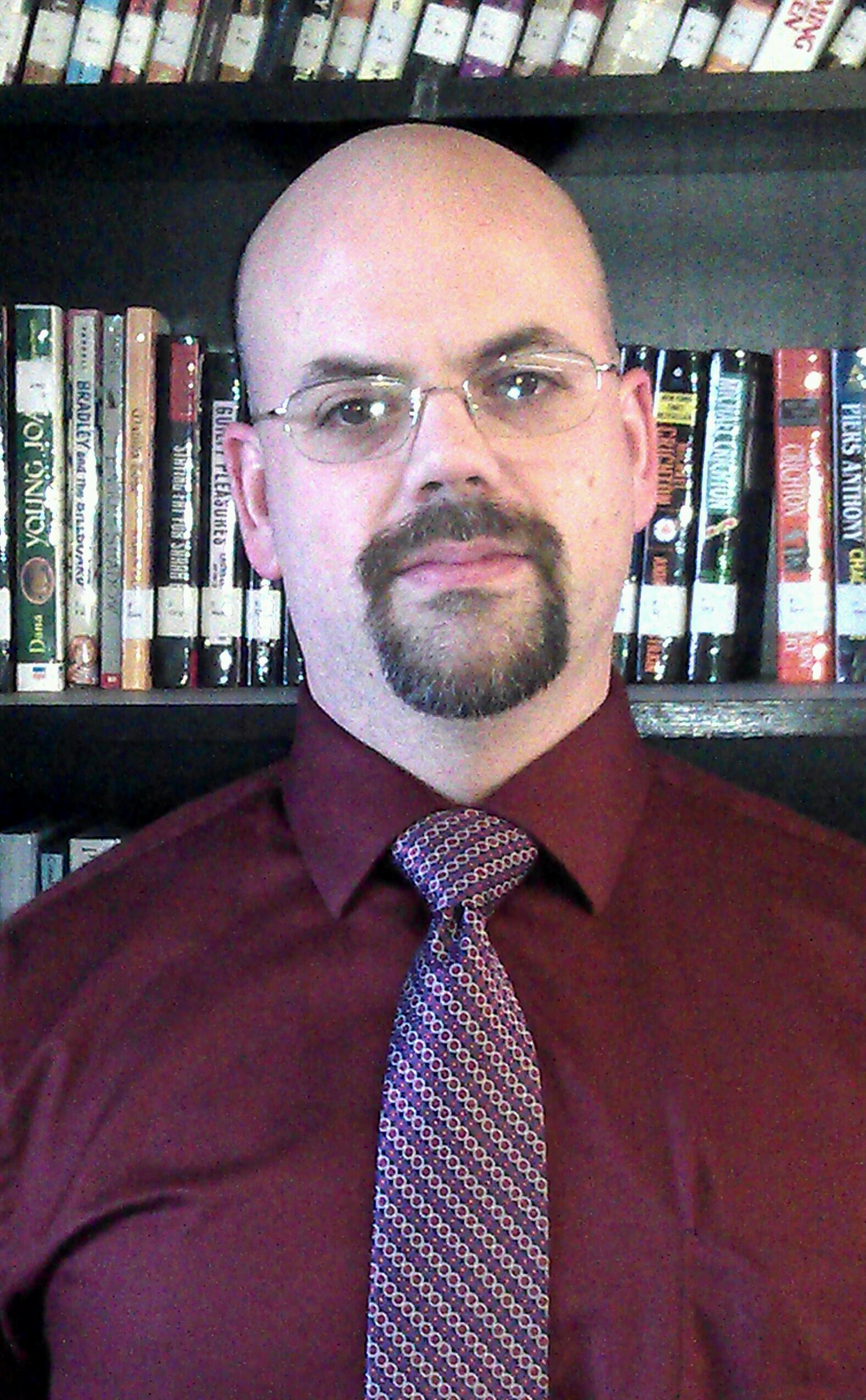A Recipe for Literacy
GSE Grad and Former Cook Michael Timar’s Ingredients for Teaching Self-Expression

It’s no secret that child-education resources, particularly in urban areas, are often wanting. But thousands of students also lack the intangible support of someone to instill confidence. Recent GSE Teaching Literacy graduate Michael Timar has dedicated his graduate studies and working life to providing that direction for students at John V. Lindsay Wildcat Academy Charter School, which takes in young people who’ve dropped out of or otherwise failed to succeed at public institutions (whether for behavioral or academic reasons).
“That’s our mission statement,” the lifelong Bronx resident says of Manhattan-and-Bronx-based Wildcat. “We look for what other people have not seen in these students. Every one of these students has something inside of them that needs to be brought out, and our mission is to do that in any way we can.”
It’s no easy assignment. The majority of Wildcat’s student body experience difficulties with a range of functions, be it literacy or behavioral. Timar’s picked up very quickly that “all students are capable of learning” but “all students learn differently.”
“It’s sometimes how you approach them and what you do as a teacher that makes that difference,” he says. “There is no one panacea that works. Every student has different needs, different interests. I often find that what works with one does not work with another. So it’s constant flexibility, just being meta-cognitive of my decisions.”
Timar sought out Touro’s Teaching literacy program to expand his tutorial repertoire and give him more tools to be able to respond to each student as needed, while working hands on with kids in need of wide-ranging mentorship. During his graduate work in 2011, he encountered a 15-year-old female student who’d been in special education at her previous school. She “had an interest and the desire to do better, but her confidence was very low,” he recalls. “She was reading very mechanically. She used audiobooks where she listened and followed along and then read aloud. And a lot of those things she did with me in after-school periods, so she didn’t feel as self-conscious.” Now, Timar proudly reports that she “reads with expression,” performing above the level of some general-education pupils. Another exceptional case was a West African émigré who spoke fluently in both French and his native continental tongue, but lacked any formative English. Timar laid a basic foundation of literacy and then peeled away the language’s myriad applications. “[We were] using graphic organizers, story maps, learning story grammar,” he explains. “He learned that reading fiction involves characters and settings and themes and plots, as opposed to non-fiction, where he’s looking for a thesis and supporting details. Once he recognized the purpose for reading, he knew how to approach it.”
Remarkably, Timar had spent nine yearsas a cook at New York’s Plaza Hotel from 1995-2004, after acquiring his original degree from the Culinary Institute of America. But when manning the kitchen stopped firing up his enthusiasm and a door opened to something more satisfying—i.e. education—Timar wasted no time walking through.
“The hotel where I was working was scheduled to be closed, so I would have been out of a job within a year anyway,” he explains. “So I figured it’s now or never, this is the perfect time.” Timar found part-time work in catering while attending Hunter College for a BA in English Adolescent Education. “I guess you could say the decision was almost made for me,” he recalls. “I figured this was an opportunity.”
He hasn’t entirely left those years in the kitchen behind, and in fact uses his unpredictable course as a lesson to students about following your talents and taking it all with you. “It’s funny, because my students will say, ‘You’re always talking about food,’” he laughs. “And interestingly, we have a culinary program in [Wildcat], so many of the students who take it will have writing assignments, so I do sometimes work closely with the instructor to help incorporate literacy.”
For Timar, literacy is still the key, whether you’re aspiring to a career in finance or food. “No matter what you do in life—it could be cooking behind a hot stove—you need to be able to express yourself,” he says, adding, “If you can’t write a decent menu, you’re not going be successful in your restaurant.”

